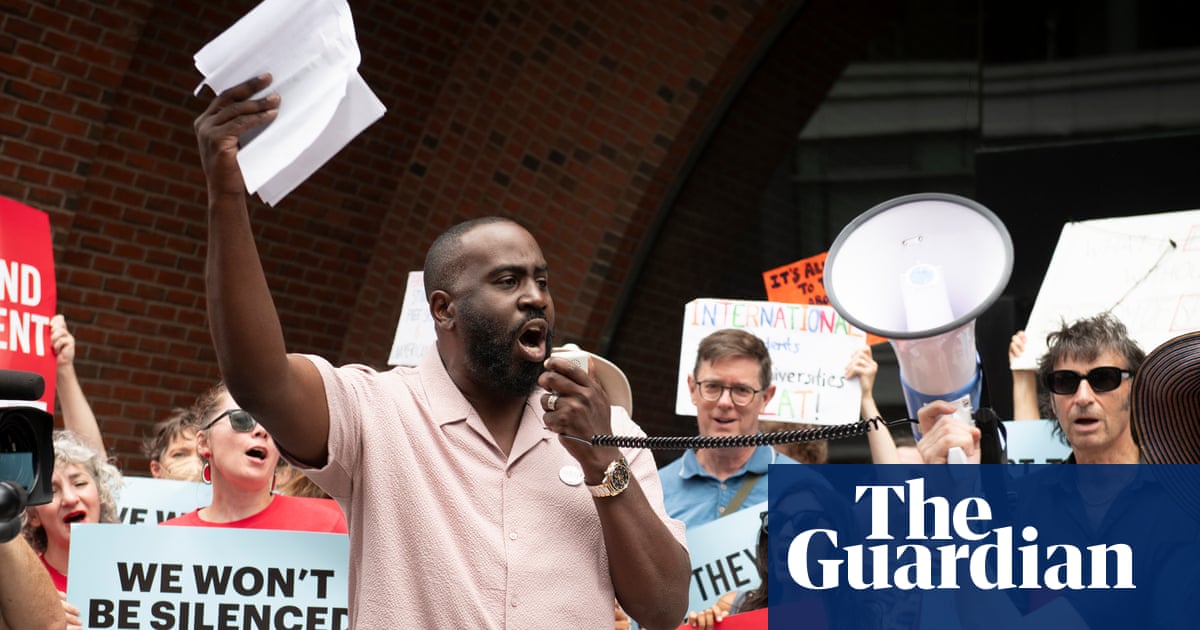
"In a 161-page ruling issued on Tuesday, the judge, William G Young, called the case perhaps the most important ever to fall within the jurisdiction of this district court. This case squarely presents the issue whether non-citizens lawfully present here in United States actually have the same free speech rights as the rest of us, Young wrote in the ruling."
"The Court answers this Constitutional question unequivocally yes, they do'. No law' means no law', Young continued a reference to the first amendment's stipulation that Congress shall make no law abridging the freedom of speech. No one's freedom of speech is unlimited, of course, but these limits are the same for both citizens and non-citizens alike."
"The plaintiffs had accused the government of running an illegal ideological-deportation policy. The government denied such a policy existed, declaring in court filings that it was the product of plaintiffs' imagination. It also claimed the authority to deport non-citizens who have committed no crimes but whose presence it deems poses a threat to US foreign policy."
A federal judge found that a policy to detain and deport foreign scholars over pro-Palestinian views violated the US Constitution and intentionally chilled free speech. The case was brought by AAUP, its Harvard, Rutgers and NYU chapters, and the Middle East Studies Association after arrests of non-citizen students and scholars. The 161-page ruling affirmed that non-citizens lawfully present in the United States have the same First Amendment protections as citizens. The government denied operating an ideological-deportation policy, claimed authority to remove non-citizens deemed threats to US foreign policy, and sought to block disclosure of related documents.
Read at www.theguardian.com
Unable to calculate read time
Collection
[
|
...
]